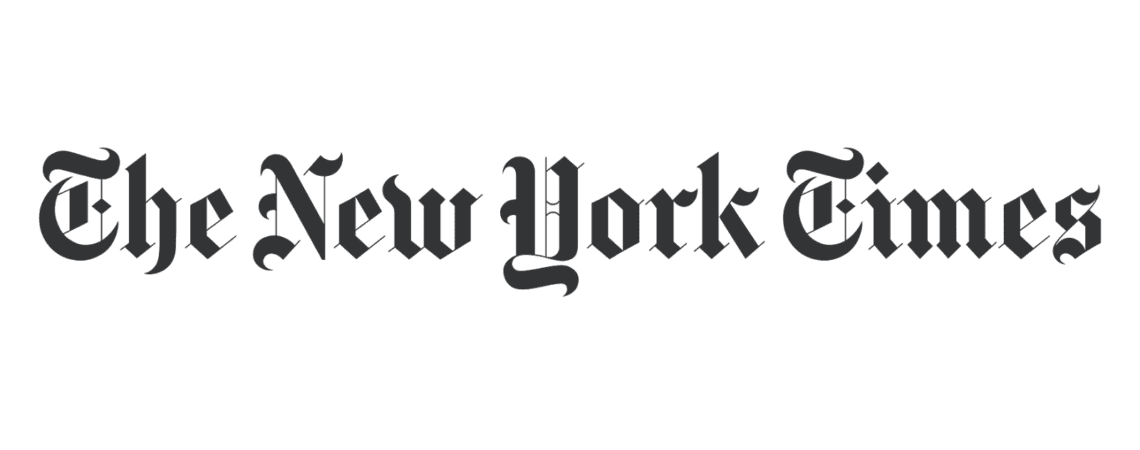As they battle a pandemic that has no regard for borders, the leaders of many of the world’s largest economies are in the thrall of unabashedly nationalist principles, undermining collective efforts to tame the novel coronavirus.
The United States, an unrivaled scientific power, is led by a president who openly scoffs at international cooperation while pursuing a global trade war. India, which produces staggering amounts of drugs, is ruled by a Hindu nationalist who has ratcheted up confrontation with neighbors. China, a dominant source of protective gear and medicines, is bent on a mission to restore its former imperial glory.
Now, just as the world requires collaboration to defeat the coronavirus — scientists joining forces across borders to create vaccines, and manufacturers coordinating to deliver critical supplies — national interests are winning out. This time, the contest is over far more than which countries will make iPads or even advanced jets. This is a battle for supremacy over products that may determine who lives and who dies.
At least 69 countries have banned or restricted the export of protective equipment, medical devices or medicines, according to the Global Trade Alert project at the University of St. Gallen in Switzerland. The World Health Organization is warning that protectionism could limit the global availability of vaccines.
With every country on the planet in need of the same lifesaving tools at once, national rivalries are jeopardizing access for all.
“The parties with the deepest pockets will secure these vaccines and medicines, and essentially, much of the developing world will be entirely out of the picture,” said Simon J. Evenett, an expert on international trade who started the University of St. Gallen project. “We will have rationing by price. It will be brutal.”
Some point to the tragedy playing out around the world as an argument for greater self sufficiency, so that hospitals are less reliant on China and India for medicines and protective gear.
China alone makes the vast majority of the core chemicals used to make raw materials for a range of generic medicines used to treat people now hospitalized with Covid-19, said Rosemary Gibson, a health care expert at the Hastings Center, an independent research institution in New York. These include antibiotics, blood pressure treatments and sedatives. “Everyone is competing for a supply located in a single country,” Ms. Gibson said.
But if the laudable goal of diversification inspires every nation to look inward and dismantle global production, that will leave the world even more vulnerable, said Chad P. Bown, an international trade expert at the Peterson Institute for International Economics in Washington.
President Trump and his leading trade adviser, Peter Navarro, have exploited the pandemic as an opportunity to redouble efforts to force multinational companies to abandon China and shift production to the United States. Mr. Navarro has proposed rules that would force American health care providers to buy protective gear and medicines from U.S. suppliers.
“We just don’t have the production capacity,” Mr. Bown said, noting that Chinese industry is restarting, while American factories remain disrupted. “Just as you don’t want to be too dependent on China, you don’t want to be too dependent on yourself. You have now walled yourself off from the only way you can potentially deal with this, in your time of greatest need, which is relying on the rest of the world.”
To read more, please go to NYTimes.com, original article may be found here.

